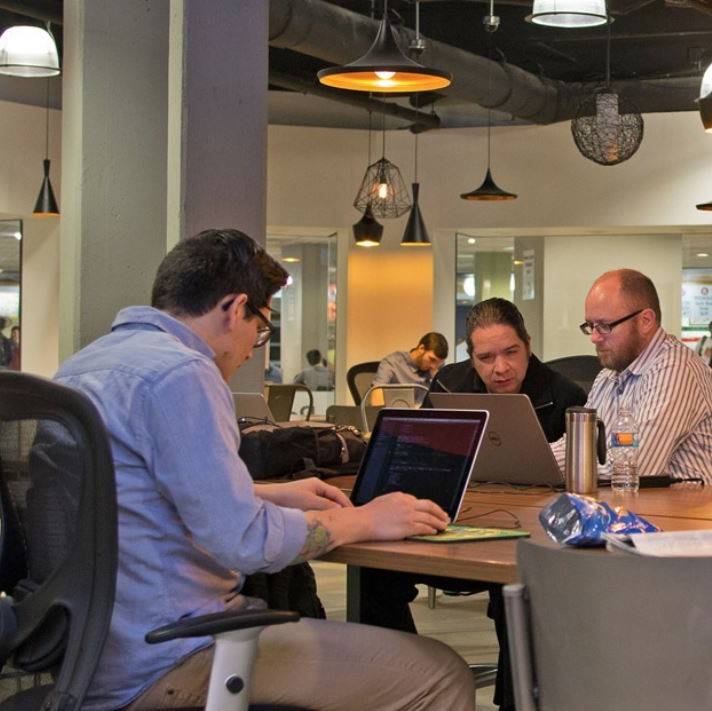To provide the best experiences, we use technologies like cookies to store and/or access device information. Consenting to these technologies will allow us to process data such as browsing behaviour or unique IDs on this site. Not consenting or withdrawing consent, may adversely affect certain features and functions.
The technical storage or access is strictly necessary for the legitimate purpose of enabling the use of a specific service explicitly requested by the subscriber or user, or for the sole purpose of carrying out the transmission of a communication over an electronic communications network.
The technical storage or access is necessary for the legitimate purpose of storing preferences that are not requested by the subscriber or user.
The technical storage or access that is used exclusively for statistical purposes.
The technical storage or access that is used exclusively for anonymous statistical purposes. Without a subpoena, voluntary compliance on the part of your Internet Service Provider, or additional records from a third party, information stored or retrieved for this purpose alone cannot usually be used to identify you.
The technical storage or access is required to create user profiles to send advertising, or to track the user on a website or across several websites for similar marketing purposes.
 Over 2.6 million employees aged 45 and over expect that they will have to leave their jobs in order to care for a relative or partner, according to new research from Aviva. This equates to one in five (19 percent) employees in this age group. Many mid-life employees are opting to take on their relatives’ caring duties themselves as a means of minimising care bills, but this decision is coming at the expense of their career. (more…)
Over 2.6 million employees aged 45 and over expect that they will have to leave their jobs in order to care for a relative or partner, according to new research from Aviva. This equates to one in five (19 percent) employees in this age group. Many mid-life employees are opting to take on their relatives’ caring duties themselves as a means of minimising care bills, but this decision is coming at the expense of their career. (more…)

































October 8, 2019
Working hours and the truth about the demands we meet
by Kristoff DuBose • Comment, Wellbeing, Workplace design